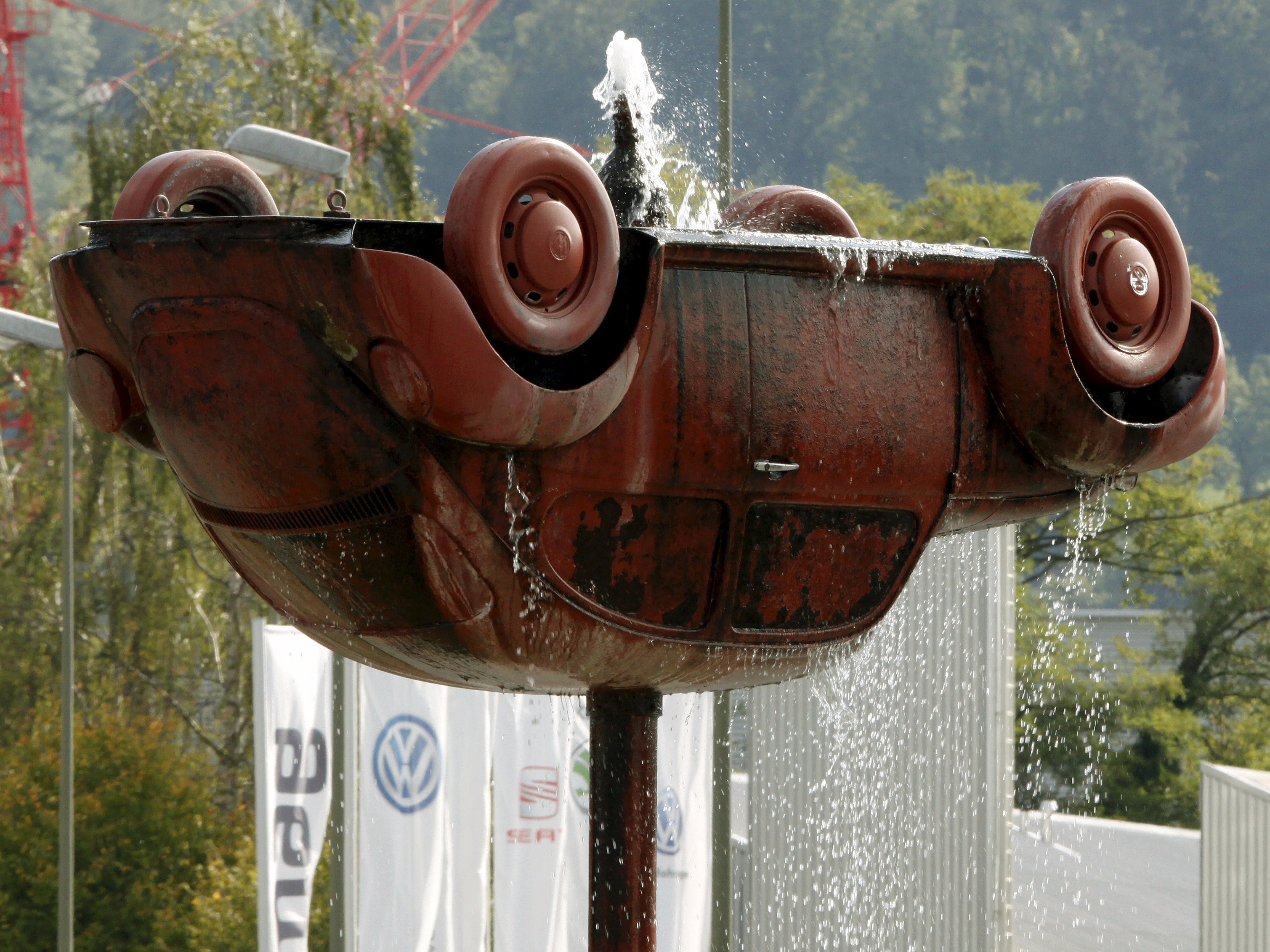The German carmaker Volkswagen is axing about 30,000 jobs over the next five years as part of a huge restructuring programme.
The company confirmed the details in a press conference at 9:30 a.m. CET (8:30 a.m. GMT, 3:30 a.m. ET).
Executives from VW said that number included 23,000 job cuts in Germany alone.
VW said in a lengthy statement that the job cuts were part of a huge restructuring programme, dubbed “The Pact for the Future,” to focus on increasing productivity by 25% by building “more cars with fewer people.”
It said it would be investing in new technology and electric cars because “VW has to make money again,” adding that it believed the agreement would make Volkswagen “profitable and competitive.”
VW executives at the conference added that there would be job opportunities in the future and that the company would try to find jobs for those who leave the carmaker.
"[For] the jobs that will be cut, we will try and help the involved employees jobs at third-party companies," the company said at the press conference.
The company added that with its focus on "IT, digitisation, and digital mobility" it would create new jobs and significant investment in certain areas to compete with carmakers like Tesla that specialise in cutting-edge vehicles.
"There is going to be fundamental change for all carmakers," the company said in the press-conference statement, adding that all companies in the industry would need to "fundamentally restructure in the future."
"Our industry will significantly change," VW said. "New powerful competitors will be attacking us ... more radical than witnessed before."
While VW said the job cuts related to a shift toward electric vehicles and digital mobility, the announcement came soon after the company settled a court case in the US related to its emissions scandal.
A US federal judge in October approved Volkswagen's $14.7 billion (£12 billion) settlement with regulators and owners of 475,000 polluting diesel vehicles. It also said, as part of the deal, that it would begin buying back the vehicles in mid-November.
At the end of 2015, Martin Winterkorn stepped down as VW's CEO.
The company cheated diesel-emissions tests in the US for seven years using software that could identify when the emissions were being tested, reducing harmful exhaust at those times so it seemed as if the cars met requirements.
Volkswagen was caught by independent testing carried out by a clean-air advocacy group, The International Council on Clean Transportation, which tested the cars because it thought they were such a great example of how diesel could be a clean fuel.

